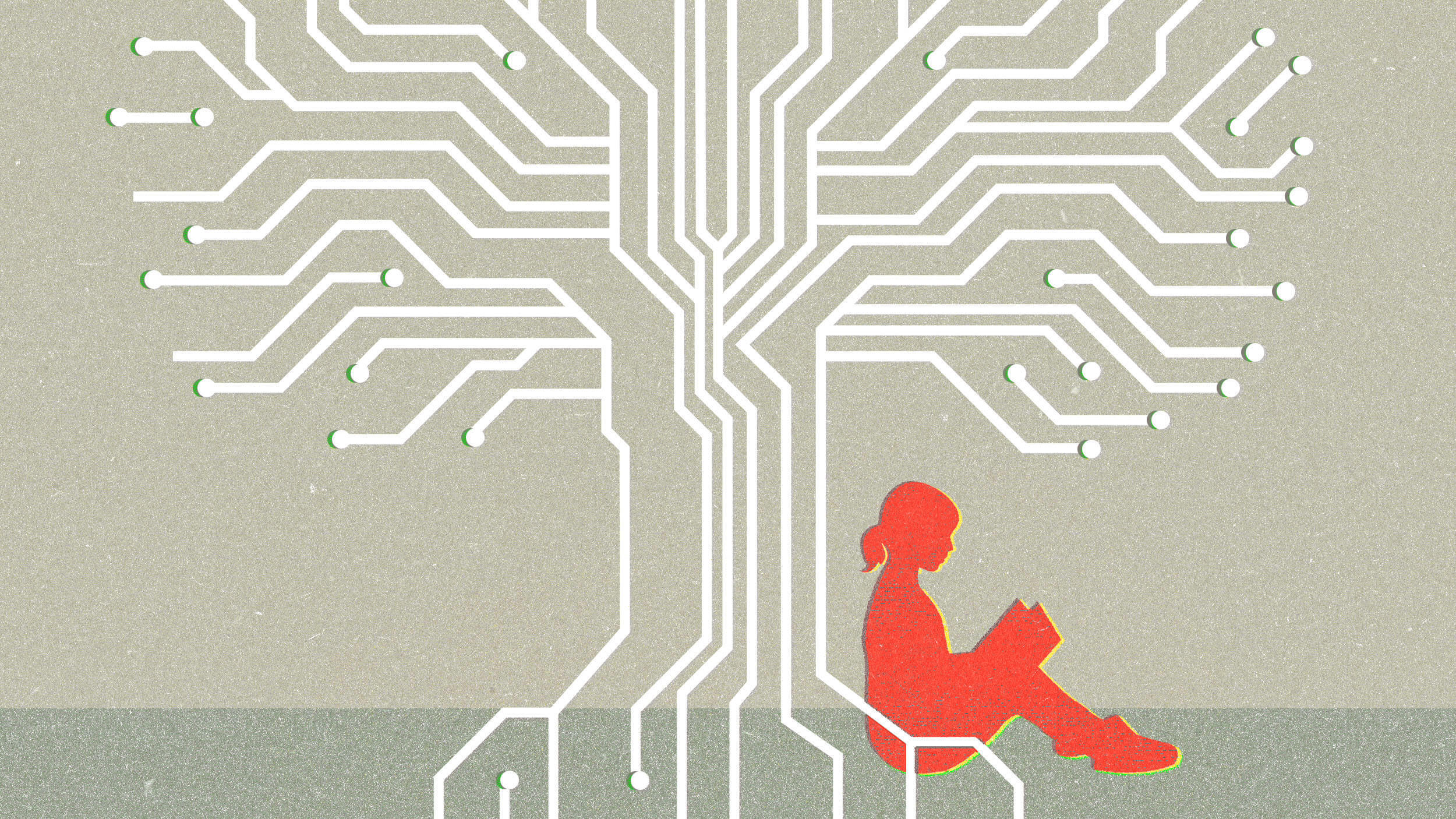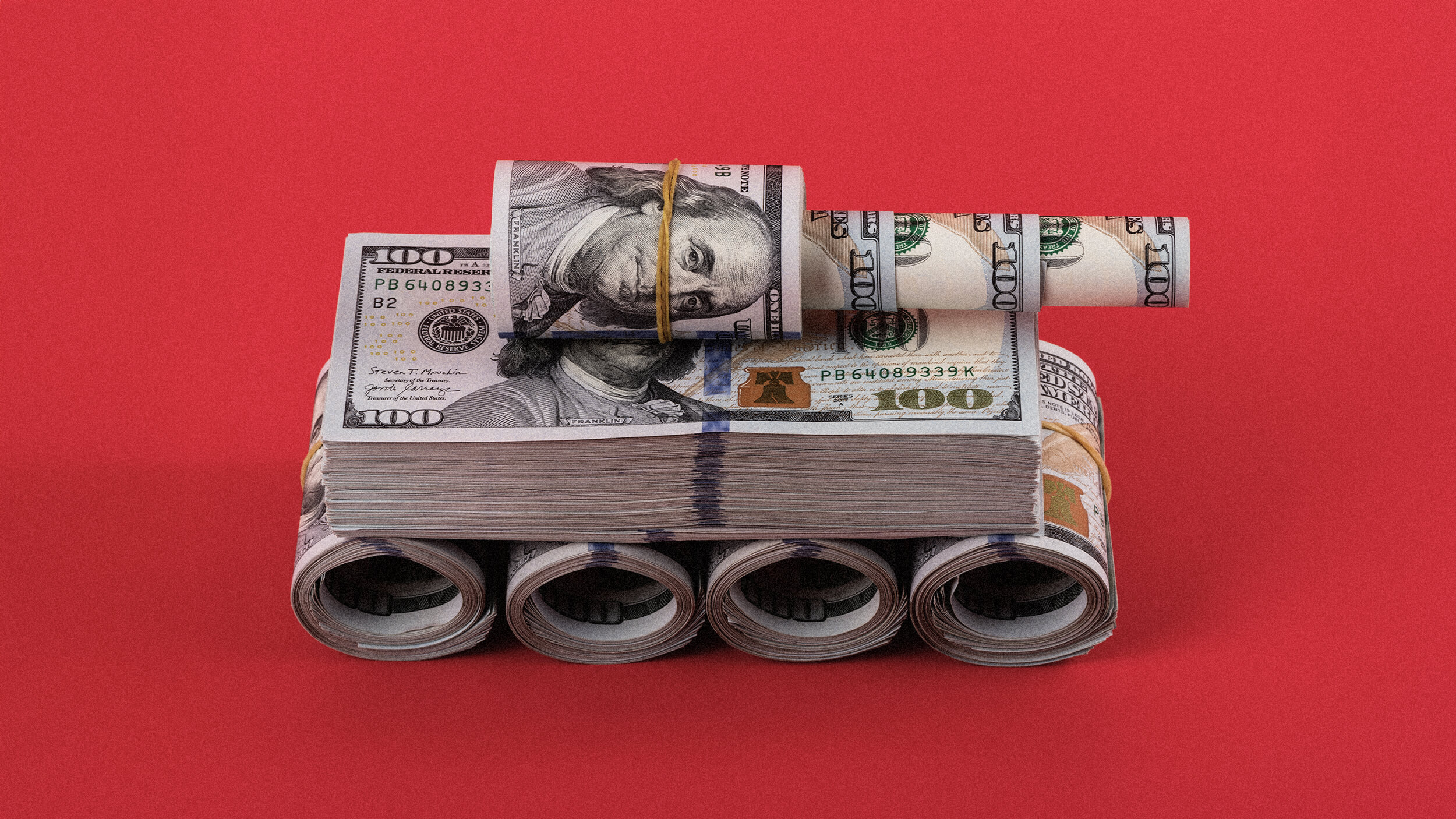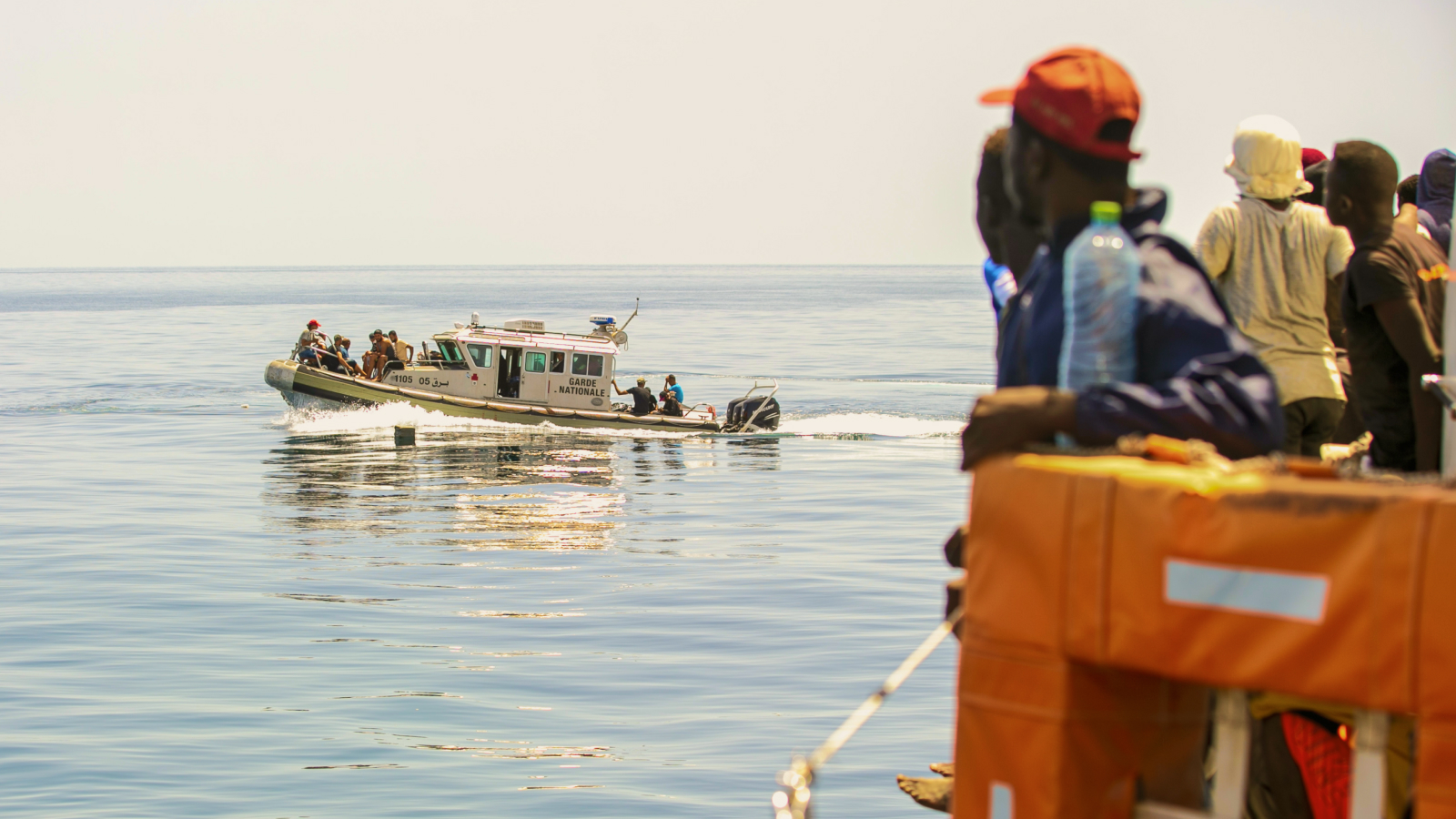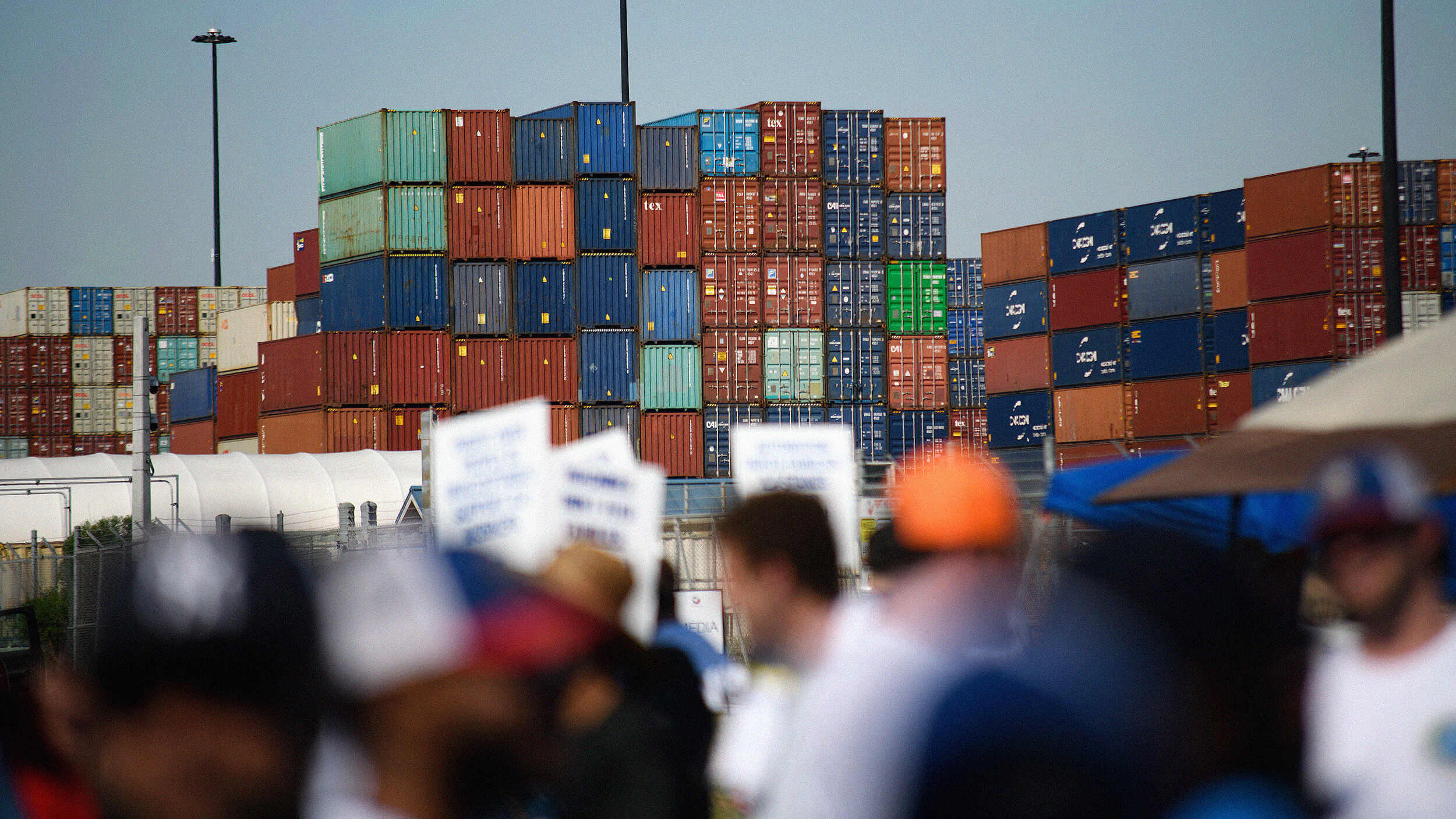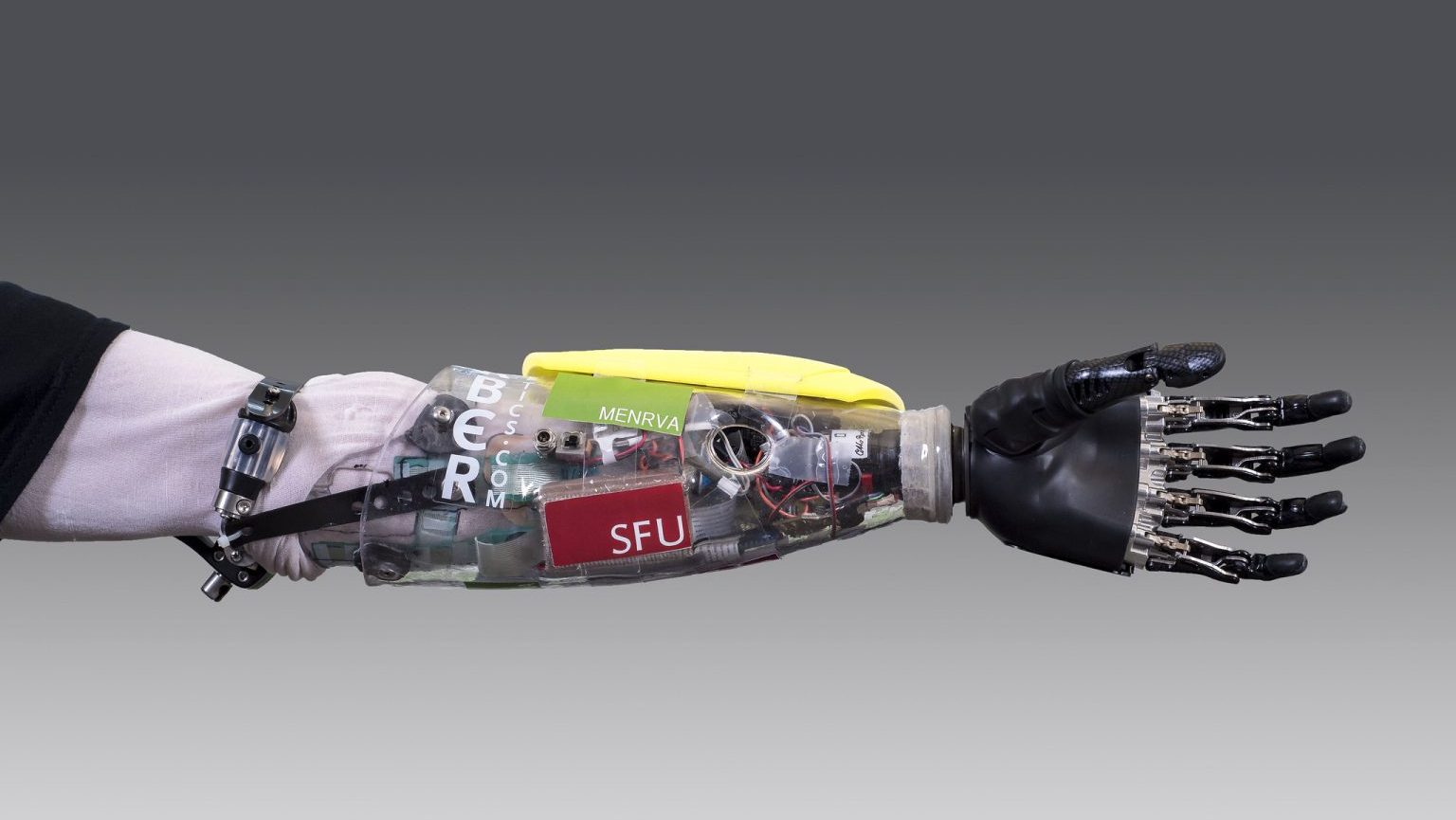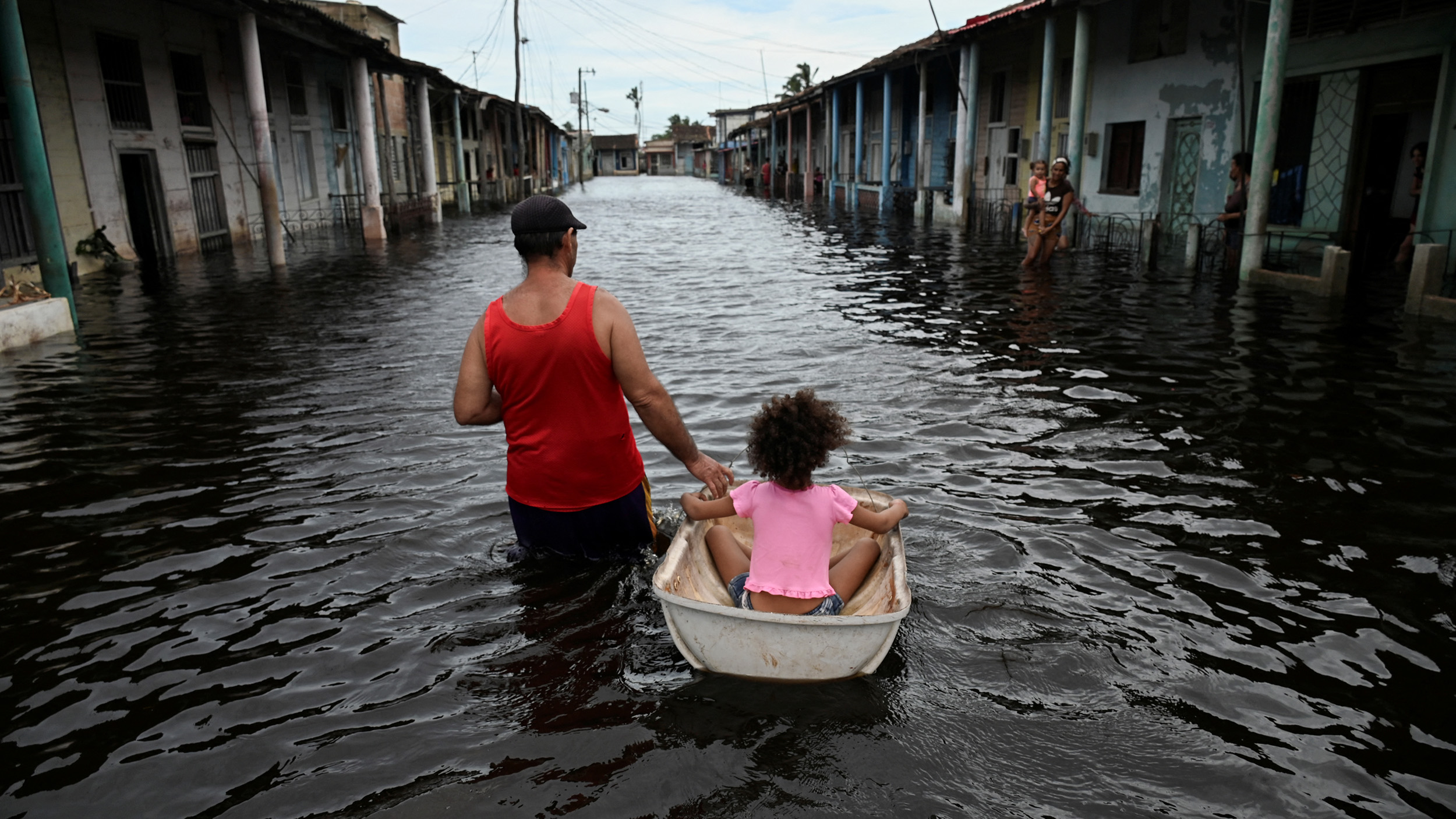Our minds crave simple, linear narratives. But society rarely follows a straight line.
“The rise of the internet brought about similar fears, yet it ultimately made learning richer and more accessible.”
By weaponizing the global economy, the U.S. initiated a new era of economic warfare and transformed how major powers compete.
Migration statistics should be regarded with wariness as they are difficult to analyze properly and easily manipulated for political gain.
Retrofitting America’s aging dams for hydropower — while removing ecologically harmful ones — may be a productive path forward.
In many ways, the rising anti-phone fervor in schools mirrors moral panics of the past.
Featuring SpaceX’s “Mechazilla,” a first-of-its-kind spacewalk, and more.
A wave of innovation is coursing through the nuclear industry — but ingrained opposition is the biggest roadblock.
With undersea cables, AI education, and more, the tech giant is helping create Africa’s “digital decade.”
MAPS founder Rick Doblin speaks to Big Think about the FDA’s rejection of MDMA therapy and the future of psychedelic treatments.
An evidence-based policy movement is arming the fight with tools and programs that are more effective than ever before.
The carbon market and offsetting system have created “carbon cowboys” and perpetuated forms of neo-colonialism and other inequities.
The cognitive scientist argues the current AI environment is failing us as consumers and a society. But it’s not too late to change course.
A survey of more than 6,000 of the world’s richest, most influential people shows that 9% of them attended Harvard University.
The tech world’s fixation on artificial intelligence has spawned beliefs and rituals that resemble religion — complete with digital deities, moral codes, and threats of damnation.
Encouraging thoughtful responses over impulsive reactions can help prevent AI exploitation in decision-making.
A National Center for Data and Evidence could supplement our archaic and expensive system and more accurately measure AI’s impact on jobs.
The nonprofit made a bold gamble on the limits of “fair use” — and federal courts have not backed their play.
Around the world, biofuels, so-called green energy sources, are waving major red flags.
Both nations made missteps, but China still has a chance to make up lost ground.
On November 25, U.N. members will meet in South Korea to cap off a series of meetings aiming to reduce global plastic pollution.
Off-the-shelf consumer technology is helping people pursue their interests — and advancing science at the same time.
“The evolution of digital media makes stricter regulation of online behavior not only feasible but inevitable,” writes media ecologist Andrey Mir.
The cat-and-mouse game between China and the world’s semiconductor companies is already having enormous consequences.
A prolonged strike could cost the economy between $500 million to $4.5 billion per day.
In the international competition, people with physical disabilities put state-of-the-art devices to the test as they race to complete the tasks of everyday life.
A deep dive into missing data and the limitations of disaster databases.
Electric vehicle sales are rising but public charging in cities is still lacking.
The electoral reform also known as instant-runoff voting promises bridge-building and broad appeal instead of culture war and gridlock.
Modern autocracies operate “not like a bloc but rather like an agglomeration of companies,” says journalist and historian Anne Applebaum.

